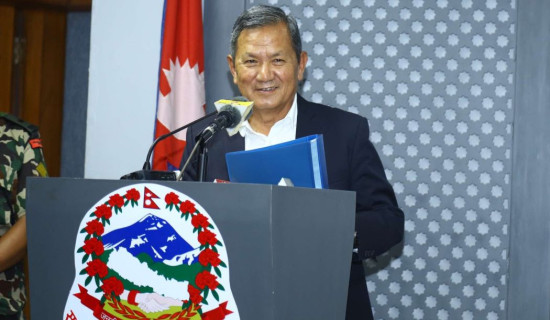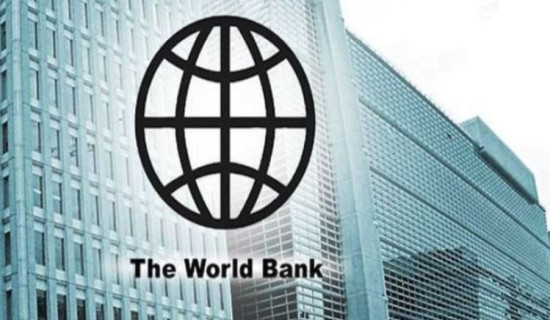- Thursday, 5 June 2025
Shun Flippant Remarks Against Army
Nearly 15 years ago, one of my colleagues, during a central-level security meeting, made a rather thoughtless remark: 'There is no need to increase the existing number of Nepal Army (NA) personnel, as Nepal is not projected to engage in any war with a foreign nation'. Such an irresponsible comment was not expected in such a sensitive meeting. Other members present, representing various government organisations, were visibly feeling uneasy.
Whether the number of the Nepal Army needs to be increased or decreased is a matter of secondary concern. The primary concern is the perception and understanding of the role of the Army. It must be understood that national security matters carry significant sensitivity and must reflect rational wisdom regarding the possible repercussions of any opinion expressed on such delicate issues. Responsible persons of the government and civil society should think twice before expressing their individual opinions on security-related matters. Without scientific research and study, no conclusions should be drawn regarding these issues, as they are directly linked to safeguarding national sovereignty and territorial integrity.
Strategic importance of army
The situation cited above is one of the indicators of perception prevailing among a few senior-level government officials and leaders of political parties. The emergence of such a type of perception exposes a lack of awareness and knowledge regarding the strategic importance of the Army. This does not only apply to the Army – similar perception also applies to other security agencies, including the Nepal Police, Armed Police Force and National Investigation Department. In reality, it underscores an absence of seriousness on national security and coherent pursuit of its critical objectives.
It is needless to say that Nepal Army's role remains vital as well as critical even in peaceful times, where there is a high probability of threats that can arise at any time from any corner. To serve the people is a primary function of the government that includes protecting the safety and freedoms of its citizens. During peacetime, the government focuses on achieving the fundamental objectives underlined in the national security policy. And the Army conspicuously mobilises its strength to attain these set objectives and goals. Its role is not just to engage in wars, but also to act as a deterrent force. A strong and well-prepared military supported by competent personnel with high morale deters enemies and hostile forces seeking to instigate violent conflict.
In addition, it is the prime responsibility of the Army to constantly guard the international borders to prevent annexation and infiltration. Lining a portrait of valour and dignity in its history, the Nepal Army has been entrusted with the duty of safeguarding the independence, sovereignty, territorial integrity and national unity of Nepal, as mandated by the constitution.
Additionally, it plays a crucial role during disaster response and relief efforts, such as rescue operations, medical aid, restoring infrastructure and more. Nepali people have witnessed the proactive role of military personnel during the 2015 earthquake and the COVID-19 pandemic, working together with the concerned institutions, in particular, and with the citizens in general. The Nepal Army has earned a vibrant and strong image in fulfilling its commitments effectively in maintaining global peace through peacekeeping missions under the command of the UN security system.
The Nepal Army has been involved in development activities not only during times of peace but also during the ten-year-long Maoist armed conflict, with its contribution in road construction in remote districts being considered a remarkable engagement in nation-building. The way the Army accomplished its target to curb the strength of the Maoist combatants in cooperation and collaboration with other security organisations was commended both internally and internationally. Its presence is essential for the protection of people's lives and the prevention of any threat related to security. That is why the Army's role goes far beyond wars.
Candidly speaking, we do not see things as they are; we see them as we are. It is our preconceived mindset that shapes our opinions on a particular subject, whether it is about an institution or an individual. One person's perception may not match another's viewpoints. This means whatever we see and observe is simply our perspective, moulded by what the mind is ready to comprehend. Now a question arises: How to change the perception? Negative perception is guided by negative narratives, such as despair and pessimistic narratives.
Pessimism
Suppose if a person expresses his views negatively or pessimistically, it indicates that there is an urgent need to clarify the issues raised by the narrator, supported with transparent facts and figures. Unless the state apparatus formulates robust policies and programmes to thwart negative perception effectively, the ongoing wave of pessimism will spill into social media and other communication platforms. Identifying the root cause of such entrenched negativism is imperative. In solving the problem, policymakers must find out the nugget of negativism and address it decisively, which remains misaligned with the current reality.
An education system imbued with patriotism, core societal values, and a well-defined national character and identity is one of the fundamental pillars in shaping human perception in a positive direction. Yet, this vital component is largely absent from school curricula and higher education structures. This widening chasm in educating the new generation must be addressed with resolute commitment.
(The author is a former secretary of the Nepal government.)



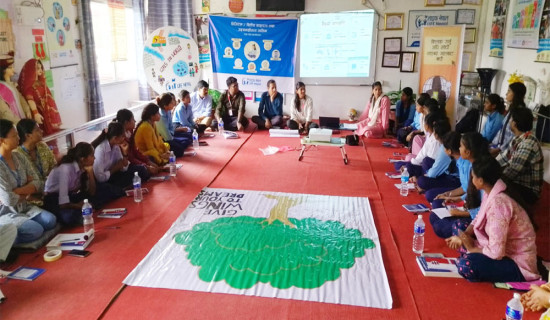
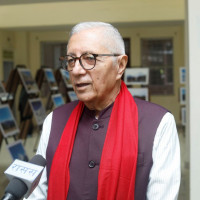
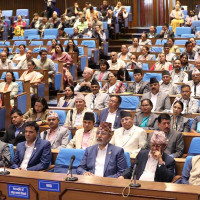
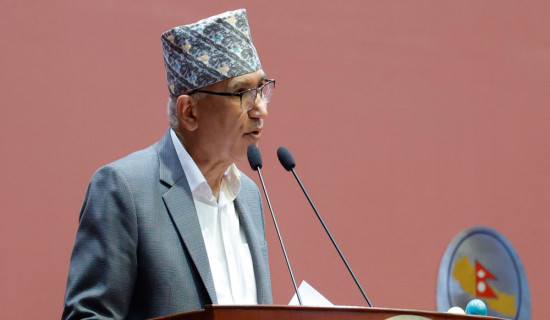
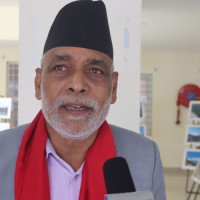
-square-thumb.jpg)
